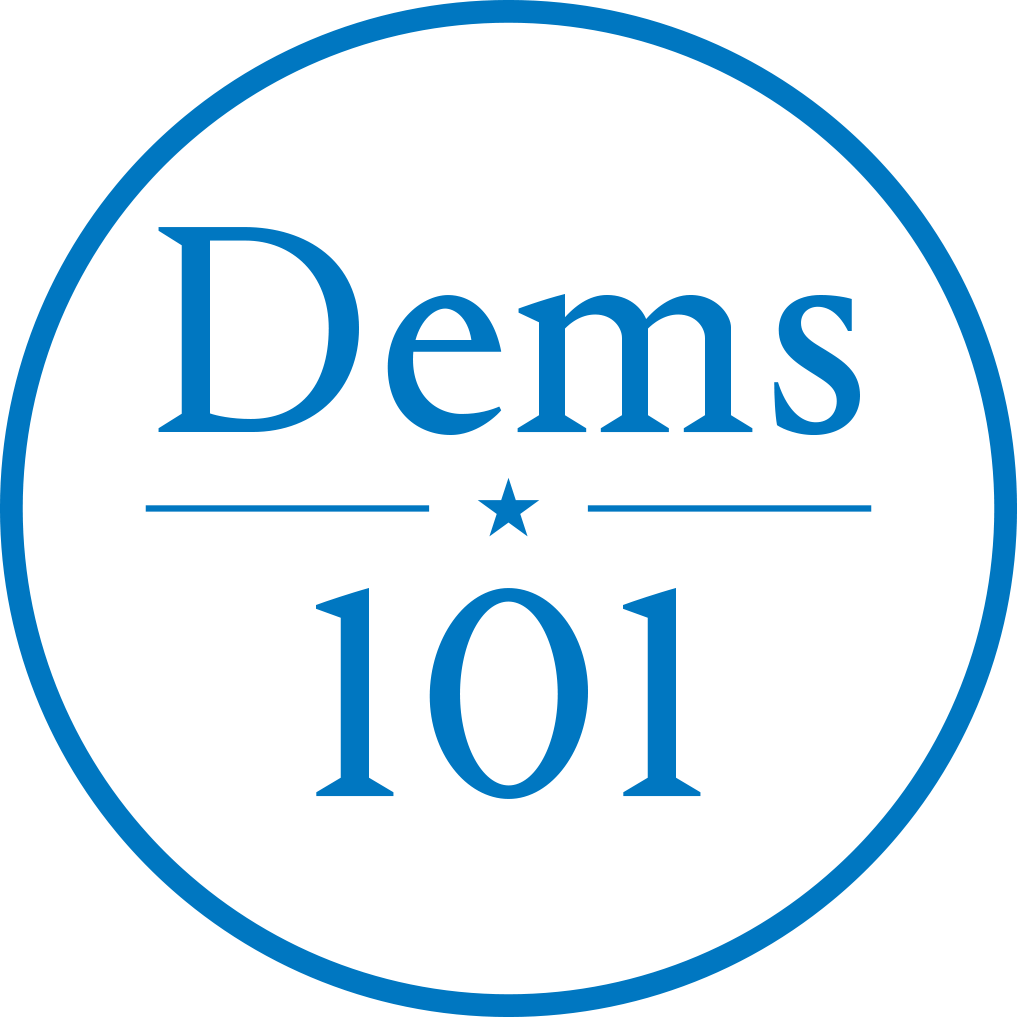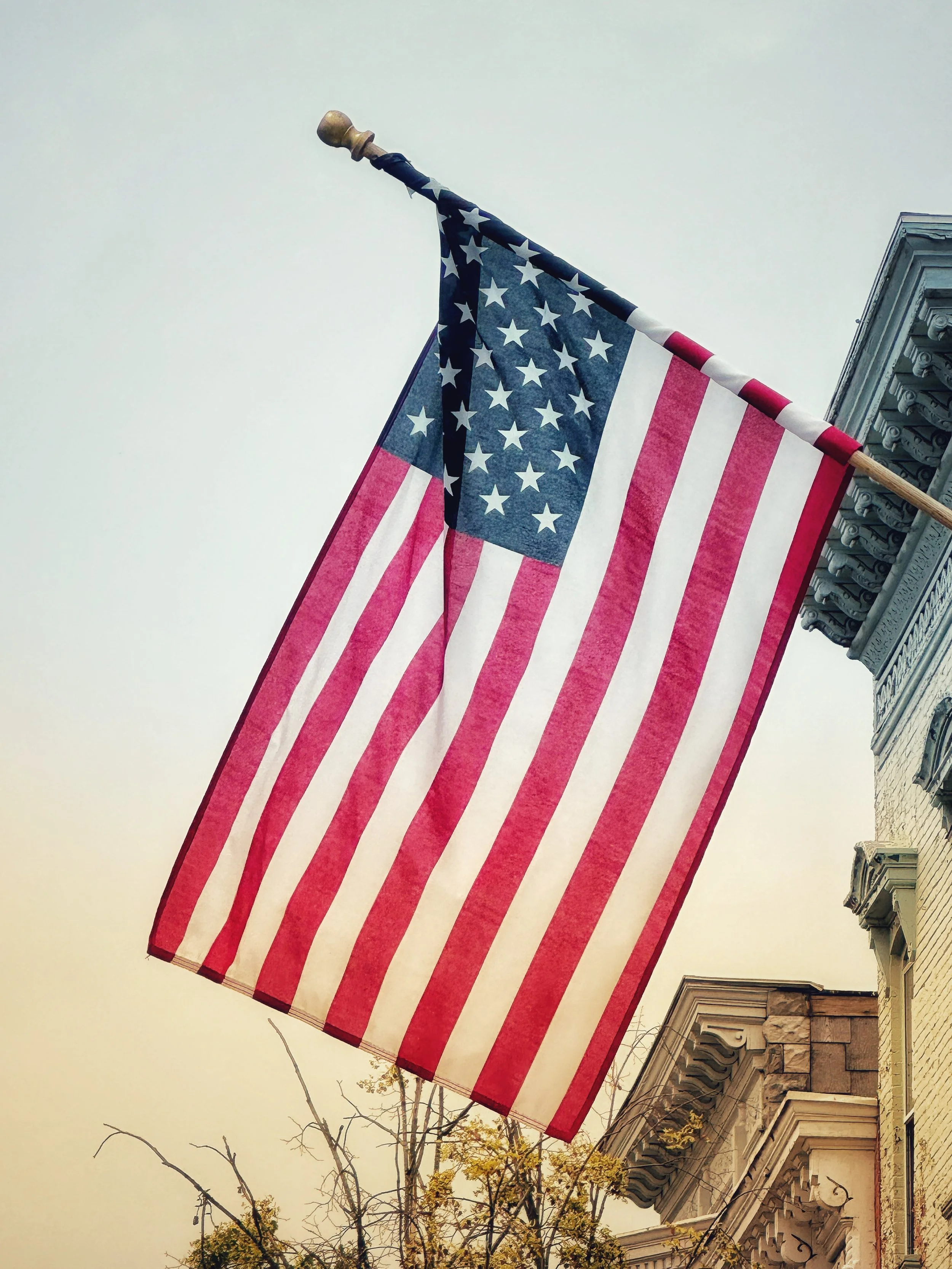the real meaning of the 4th of july (part 2)
This nation was founded on change. People were uprooted from the very roots of their existence to come here. Most people gave up everything and everyone they had known, then were forced to invent a completely new way of life in a virtually unknown world. Even native Americans were forced by events into adapting to endless change.
Credit: Photo/I. Broyer
That process of change has been endless throughout our history, inventing new ways of doing things, and fighting through endless obstacles to do it. Only historians can properly mark all the turning points, but certain eras stand out. There are certain periods of time that stand out, when national events and circumstances led to major changes in our very fabric as a society.
The first era, of course, was the Revolutionary War and everything that led up to it. It literally created the idea of us as a nation, but it did much more than that, and we forget at our peril. The American Revolution was founded on ideas. The Founders had a multitude of motives, some of them as base as perpetuating slavery, but they set the whole artifice on top of ideas, things like “all men are created equal” and “life, liberty, and the pursuit of happiness”. We all learned those words in school, but what isn’t often taught is the impact these revolutionary ideas had on common people. Of course the Founders represented the wealthy class of white men, but their ideas spoke to everyone. Pamphlets like Common Sense were widely read, and the very process of violent revolution set off a deep questioning by regular folks: “doesn’t this mean me, too?” Wealth and power suppressed that questioning, but the process had begun, and it continues to this day.
The second era was the Civil War. It not only ended the curse of slavery, but solidified the very idea of a central government, of true nationhood. Without this, none of the rest could have happened. That war, and the violence and disruption and technological advances that accompanied it, opened the door for the vast expansion that followed.
The third era was World War II and the Great depression that led to it. That era did a lot more than turn us into a modern nation and a superpower to boot, with FDR at the helm, it created the very idea that the purpose of government was to serve the people, that there was a better way. Together with the new technological developments, it ushered in modern life as we know it.
The fourth era was the Civil rights Movement of the 50s and 60s, a struggle that set off far more than just a fight against racism. Over time that movement ultimately set off a true national soul-searching, laying the seeds of women rights and gay rights and environmental protection, nothing less than the endless movements for social and economic justice that we know today.
The final era is now.
It’s hard to look at the day-to-day and think of it as historic. It’s even harder to see Trump and January 6th as just momentary facets of it, but that is exactly what they are. We live at a true fork in the road, for our era is the culmination of all the change set off by the 50s and 60s, then put on steroids by the advent of internet. Cultural change … the very social norms that tell us right from wrong … have accelerated at an unheard of rate during recent decades, and their very direction is now at stake.
On the one hand, all this change offers us a vision of a truly just society. For the very first time in American history, the idea of achieving that truly just society is no longer an illusion, an idealist dream. Achieving it may be outside our lifetimes, but the fact that the majority of Americans agree with the ideal is truly historic.
On the other hand, that same vast amount of hurried social change, has set off an intense … well-funded … reaction, a massive desire to turn back the clock.
All of this is about identity, our identity as Democrats and even more, our identity as Americans. The very values that will determine the future are at stake: a vision of the future as a just society, or the age-old draw of intolerance and greed and power. As we celebrate the Fourth, we need to reflect on this, the struggle that was set off so long ago by the opening words of the Declaration of Independence, stamped with blood during the Civil War, then pushed forward so painfully through all the years that followed. That is our true heritage as Democrats, and even more as Americans, the best reason of all to celebrate the Fourth of July.
J.M. Purvis


